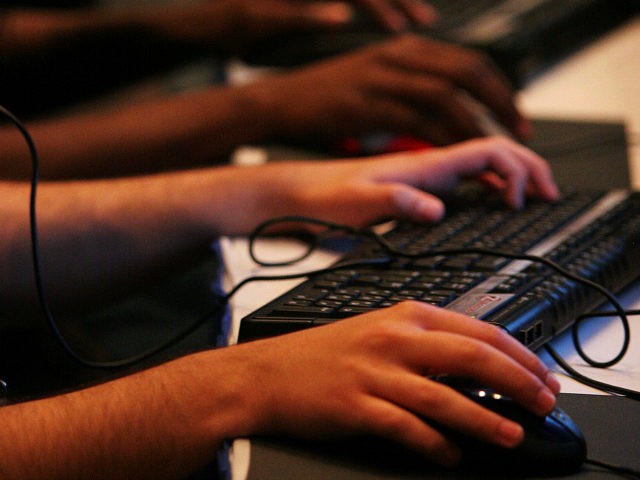Pakistan launched one of its most ambitious censorship initiatives in memory at the beginning of 2016, with a Supreme Court order to “take remedial steps to quantify the nefarious phenomenon of obscenity and pornography that has an imminent role to corrupt and vitiate the youth of Pakistan.” It’s apparently not going well.
Dawn.com reports the list of 429,343 websites to be banned is “flawed,” including “scores of sites with no pornographic content.”
“These sites (representing just the tip of the iceberg of safe sites listed to be blocked) vary in content from entertainment to education, medical services and hospitals, fashion sites, hotels, travel agencies, food stores and many more,” the report adds, mentioning such innocent websites as Disney’s Cinderella cartoon gallery, the Mirage hotel in Las Vegas, various medical centers, and a fan blog for the 20-year-old Spice Girls pop group as entries on the censorship list.
Maybe Pakistan targeted the Spice Girls when Victoria Beckham threw in the towel on a reunion tour in January. We may never know.
Dawn.com also found the Pakistani ban list loaded with websites that no longer exist and even sites that never existed at all — domain names for sale that never had any content associated with them. There have been complaints that some of Pakistan’s clumsy censorship efforts are blocking important data from users in the country, including medical information.
The censors evidently have a serious axe to grind with Tumblr, which is not only banned in its entirety but also has a large number individual accounts inexplicably listed to be banned separately.
Other Pakistani censorship efforts are applied with a comparably broad brush, banning entire web domains rather than specific pages within them. It is not only sloppy but ineffective, as Dawn.com notes many banned websites and social media accounts have simply relaunched under different names.
The initiative is also enormously expensive, as legal and IT experts said a huge amount of government manpower was being plowed into tracking down “offensive” web addresses and filling out compliance paperwork. The agency tasked with carrying out the censorship program, the Pakistan Telecommunication Authority, has essentially admitted its mission is impossible.
“It is incumbent upon them to honestly admit that it will never be possible to remove everything someone deems inappropriate from the internet. They should stop misleading courts and the public by offering false solutions,” said digital rights activist Farieha Aziz, suggesting that parents should be given the tools and responsibility to manage Internet access by their children.
Aziz’s group, Bolo Bhi, is a free-speech non-profit with an all-female management team. The group has been waging a broad-spectrum battle against the 2015 Electronic Crimes Bill, whose provisions included assigning the Pakistan Telecommunications Authority to block “obscene” material, along with anything else the agency thinks should be suppressed “in the interest of the glory of Islam, or the integrity, security or defense of Pakistan or any part thereof.”

COMMENTS
Please let us know if you're having issues with commenting.